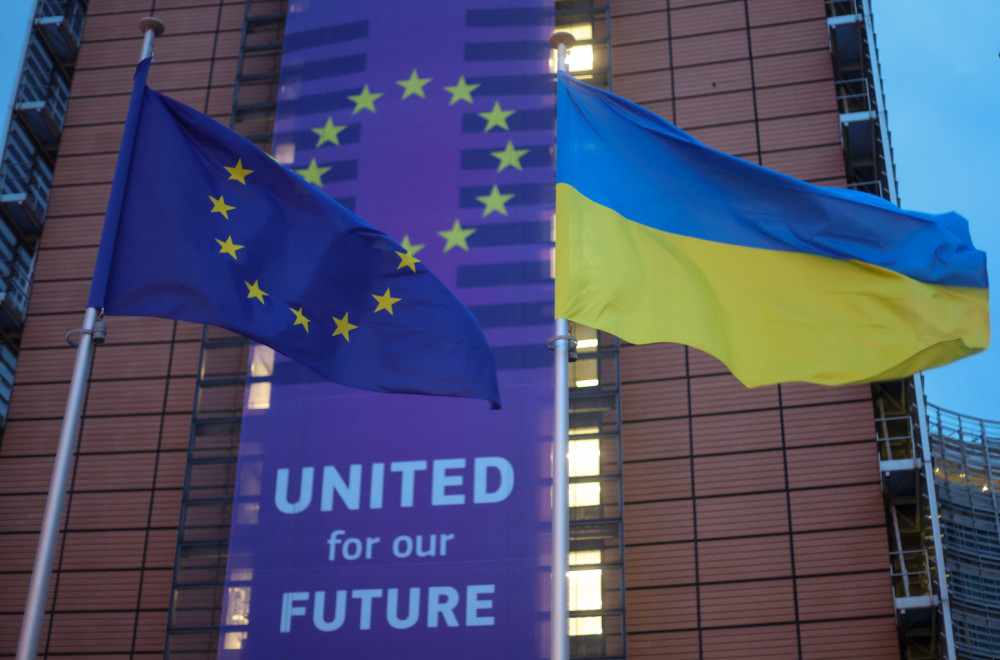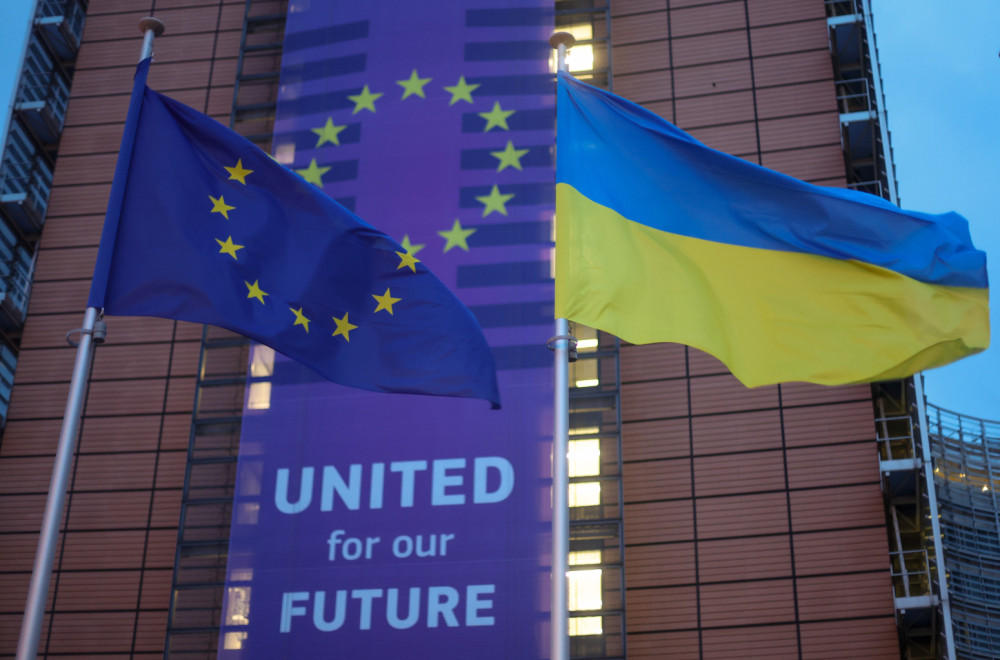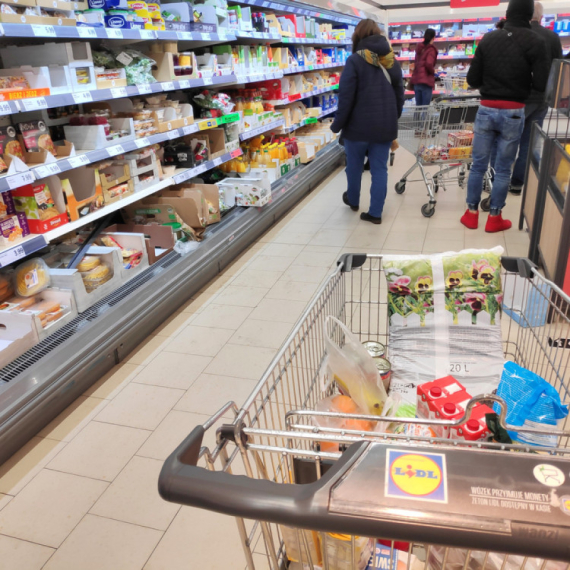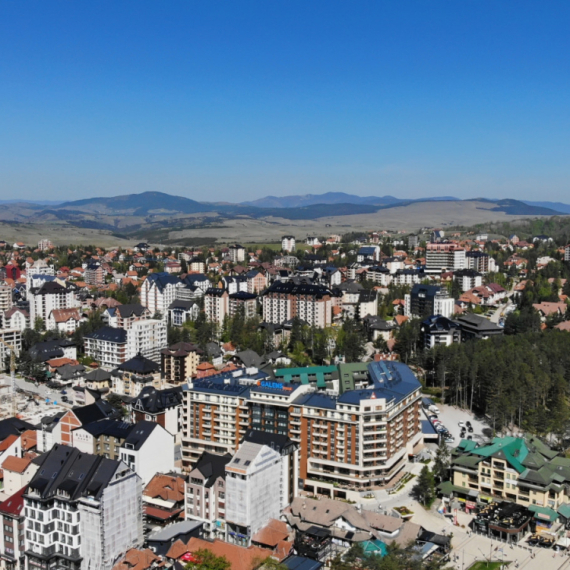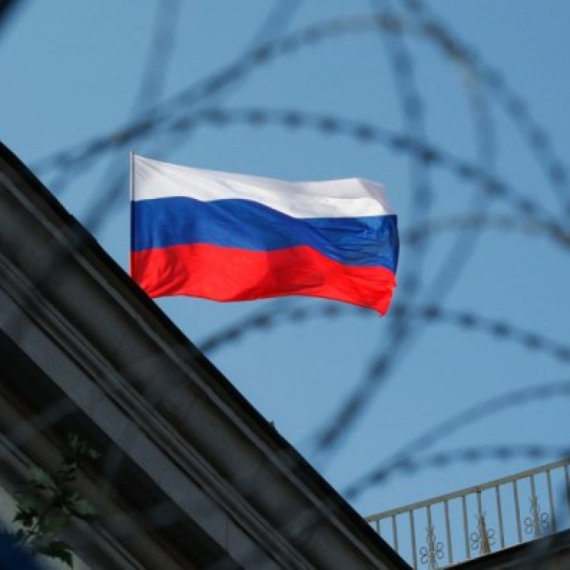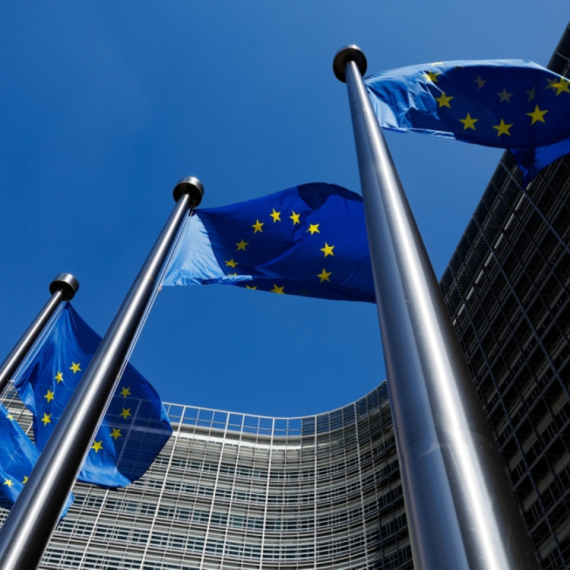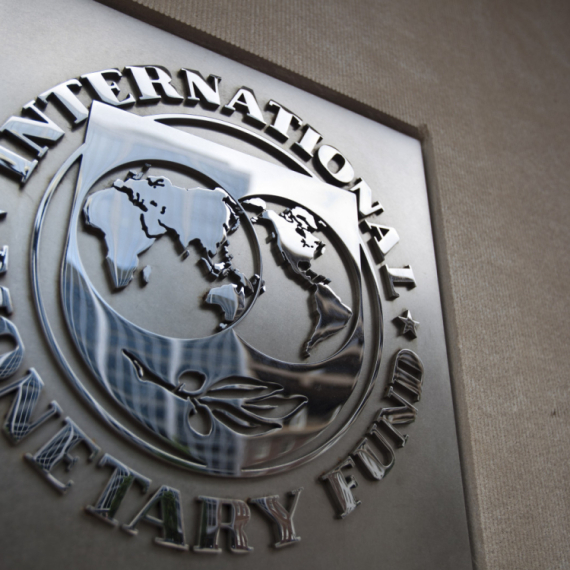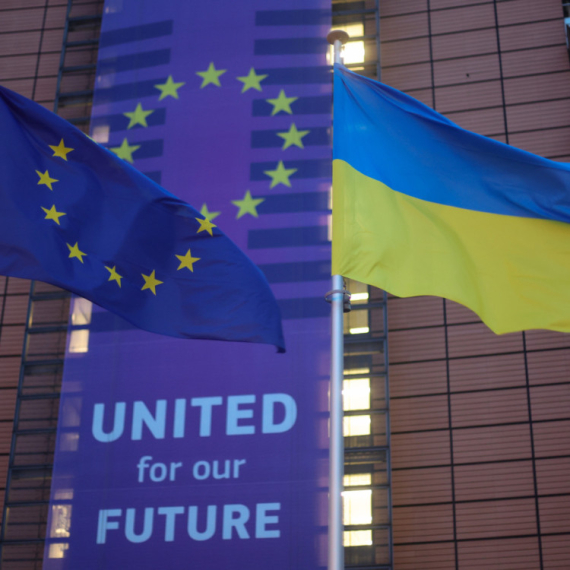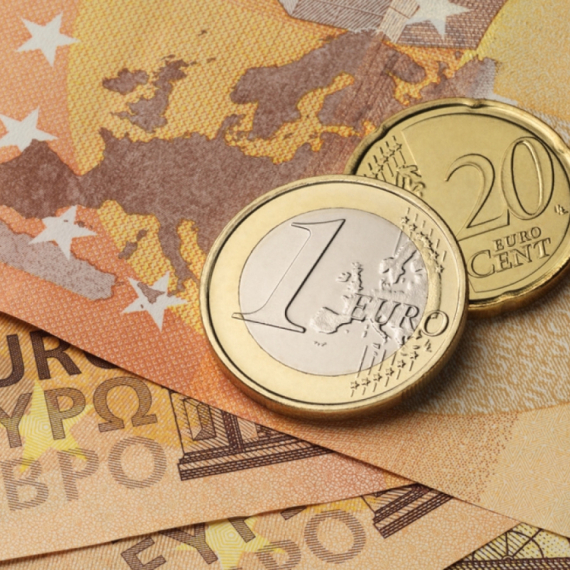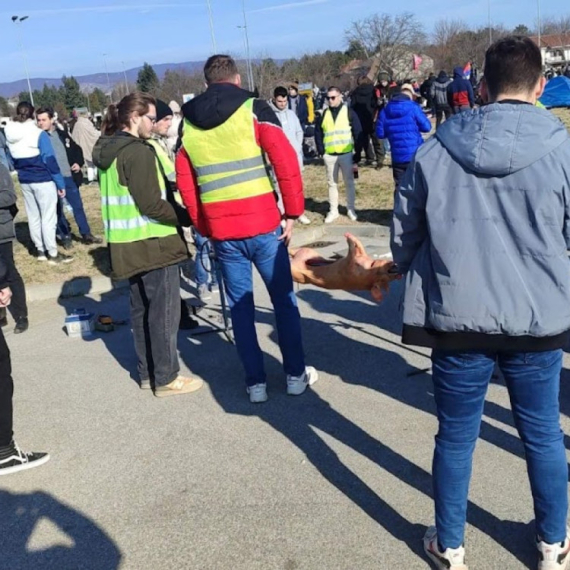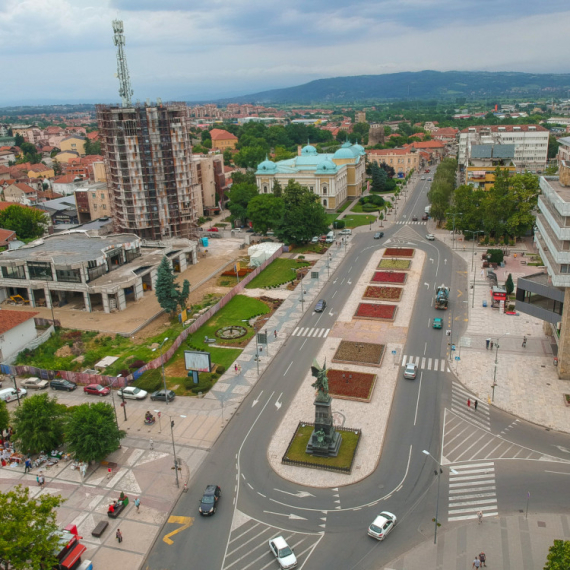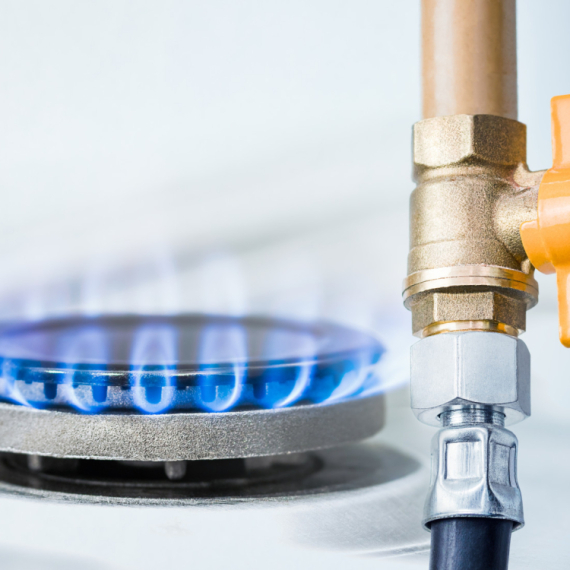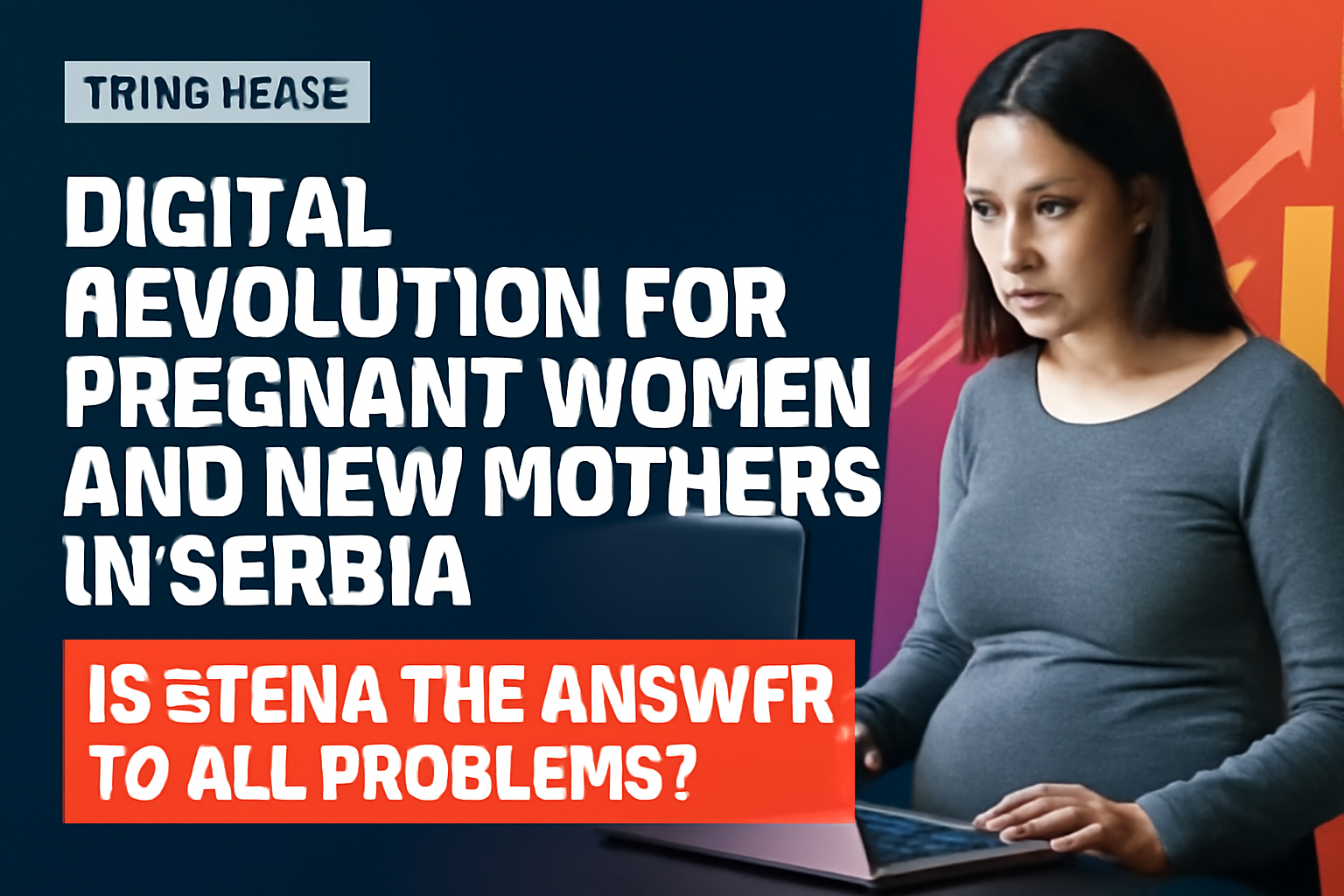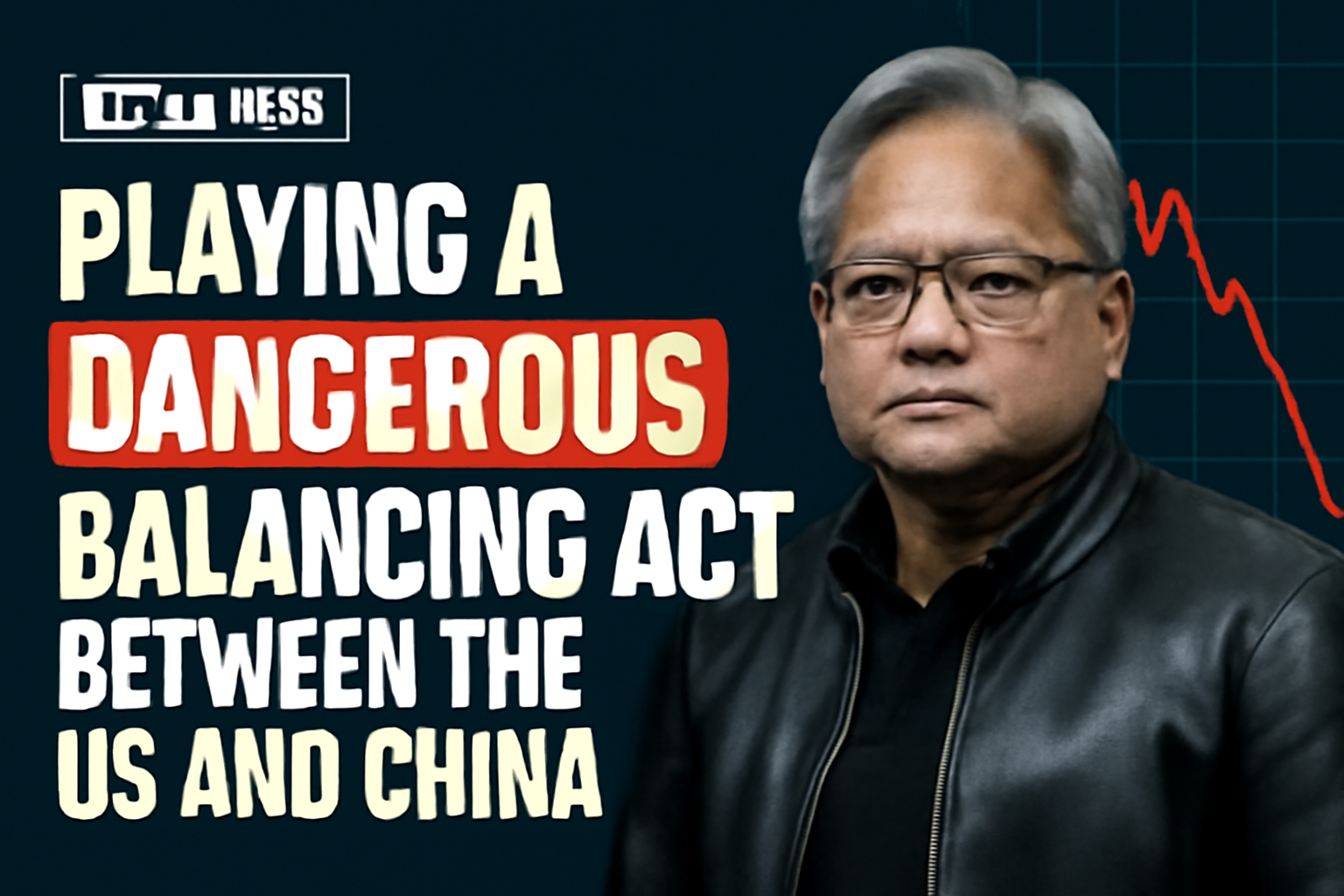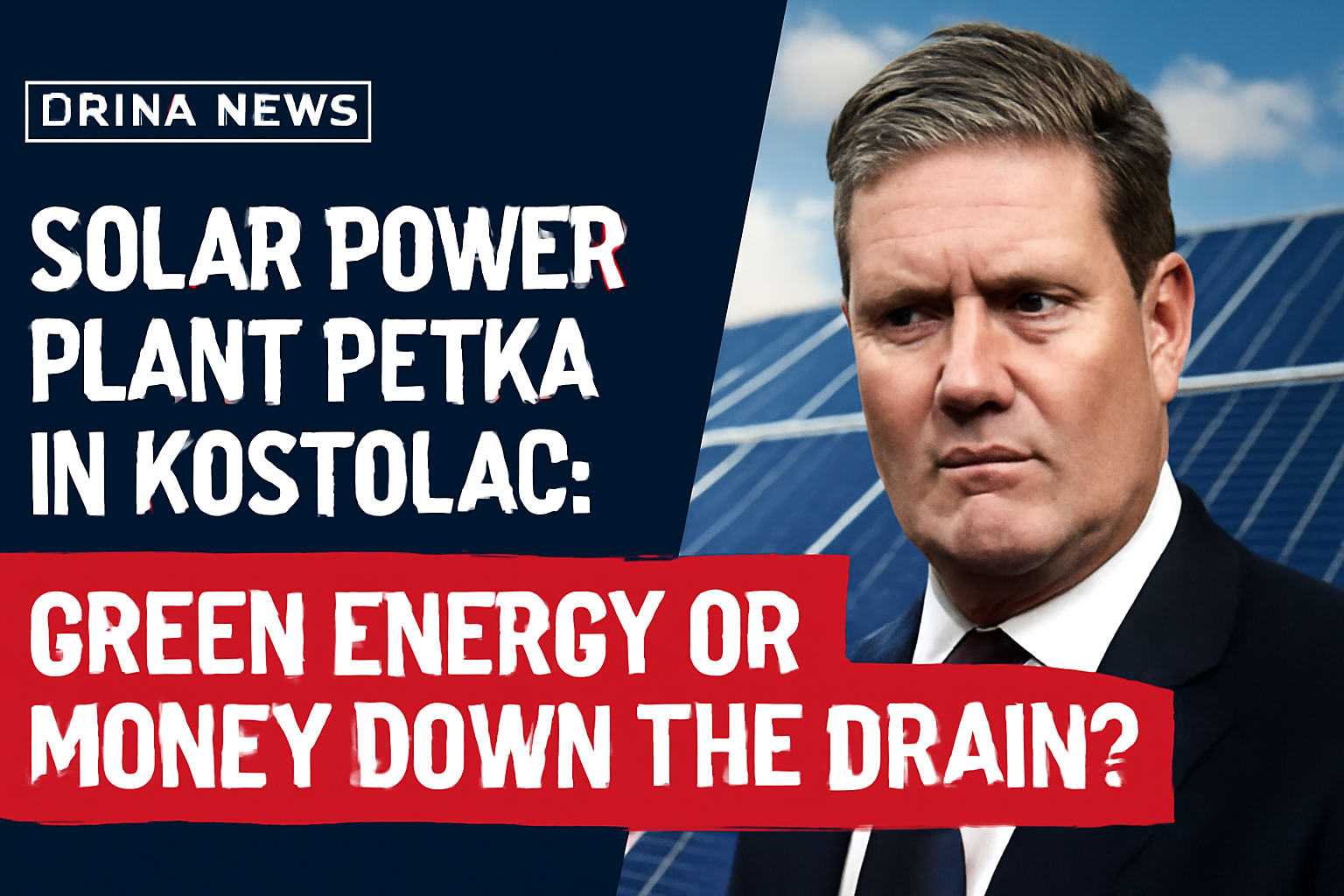EU and Ukraine: Agreement That Angers Polish Farmers and Changes the Game
The European Union and Ukraine have reached an initial agreement on the future import of Ukrainian agricultural products, but this deal has not come without controversy. European Trade Commissioner Maroš Šefčovič confirmed that the EU temporarily lifted tariffs and quotas on Ukrainian products in June last year, following Russia’s attack on Ukraine. The move aimed to help Kyiv offset the higher costs of its exports, especially as the war disrupted traditional shipping routes through the Black Sea.
However, earlier this year, the influx of cheaper Ukrainian grains, poultry, and sugar sparked protests among farmers in neighboring EU countries, particularly Poland. Polish farmers felt threatened by the large volume of Ukrainian products entering the EU market at lower prices.
Due to this pressure, Brussels reinstated the pre-war trade regime with Ukraine, reintroducing tariffs and quotas that limit agricultural trade. The EU is Ukraine’s largest trading partner, and Ukraine is the third-largest supplier of agri-food products to the EU, adding complexity to the situation.
This agreement and its effects highlight how complex trade policy is and how war can disrupt traditional flows and relationships. While the EU tries to balance support for Ukraine with protecting its farmers’ interests, tensions are rising, and the future of trade remains uncertain.
What do you think? Should the EU protect its farmers or support Ukraine at all costs? Drop a comment and let your voice be heard in this heated trade drama!







